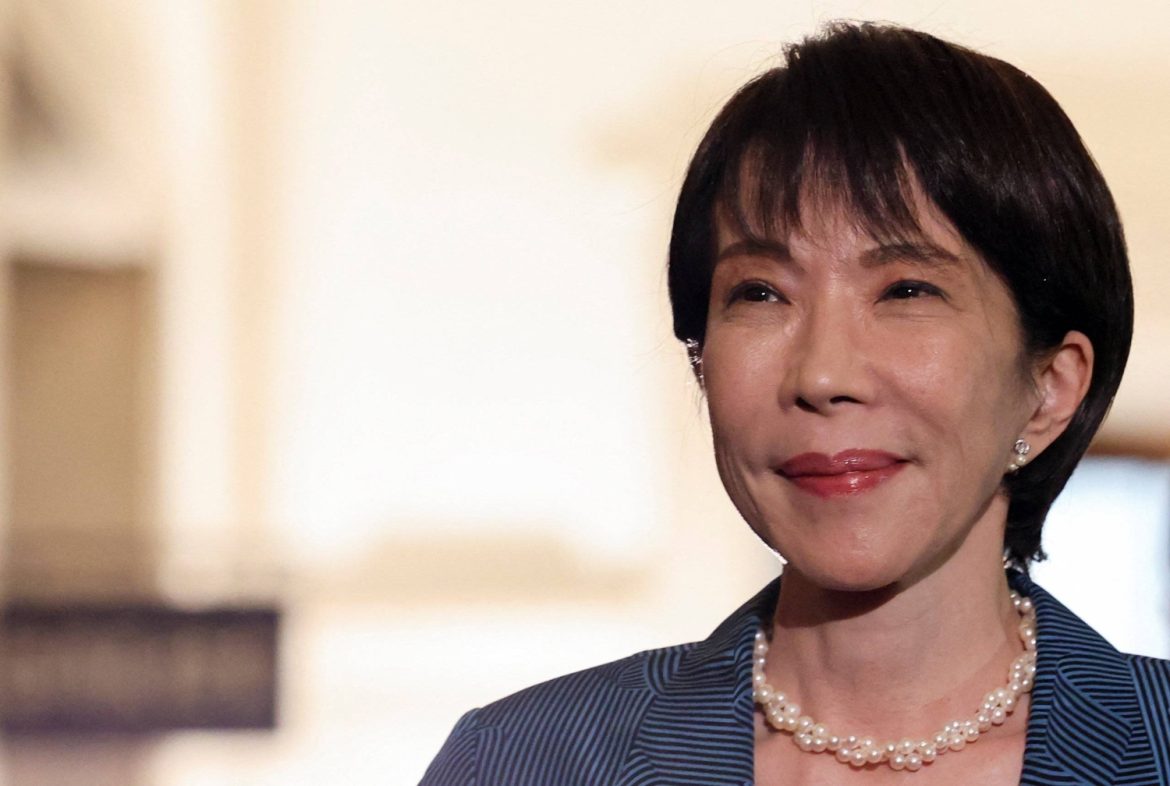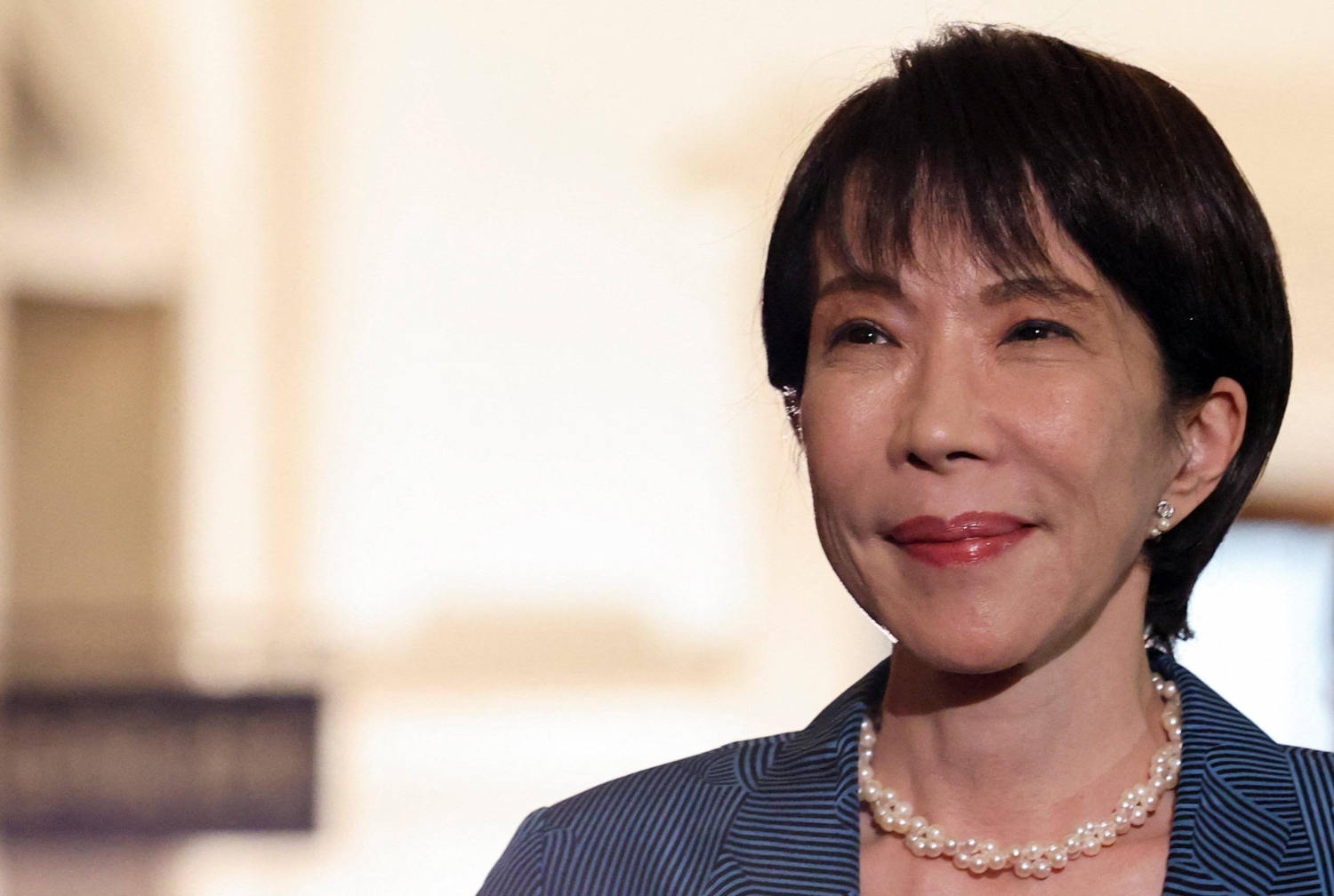On Tuesday, Sanae Takaichi made a historic achievement, winning Japan’s parliamentary election to become the first female prime minister of the country.
Takaichi secured 237 votes in the initial voting round, eliminating the necessity for a runoff in the 465-seat Lower House, as reported by public broadcaster NHK.
This triumph follows an alliance formed by the ruling Liberal Democratic Party with the Japan Innovation Party, which allegedly signed a coalition agreement over the weekend.
Takaichi has committed to supporting JIP policies including a reduction in parliamentary seats, free education at the high school level, and a two-year suspension of the food consumption tax, as noted by Reuters.
Tobias Harris, the founder and principal at the risk consulting firm Japan Foresight, informed CNBC’s “Squawk Box Asia” that the JIP might not seek a cabinet position, stating, “joining a coalition with an LDP that still faces historically low approval ratings carries a significant risk, and lacks public trust.”
Japanese media reports indicate that the JIP is not pursuing cabinet roles in the new government and will provide support from outside.
According to Harris, if the JIP disapproves of the LDP’s policies, it will find it easier to leave the coalition.
In the Ishiba tenure, the LDP experienced significant electoral defeats, losing its majority in both the upper and lower houses.
Japan’s Nikkei 225, which had risen 1.5% earlier in the day, wiped out its gains, and the benchmark 10-year government bond yields decreased by 1.6 basis points to 1.654%. The yen slipped by 0.33% to 151.25.

Route to PM
Takaichi’s journey to the nation’s highest office has been arduous.
In the 2024 LDP presidential election, Takaichi was defeated by Shigeru Ishiba. She subsequently secured the party leadership in September of this year, overcoming Agriculture Minister Shinjiro Koizumi after Ishiba’s resignation.
However, on October 10, the Komeito party abruptly terminated its alliance with the LDP, ending a relationship established in 1999, resulting in uncertainty regarding Takaichi’s future.
A staunch conservative, Takaichi has often been seen as a proponent of “Abenomics,” the economic approach of the late Prime Minister Shinzo Abe, emphasizing loose monetary policy, fiscal spending, and structural reforms.
She previously criticized the Bank of Japan’s plan to increase interest rates during the 2024 LDP leadership contest, although BOJ Governor Kazuo Ueda has stated that the central bank would determine rates “without any preconceptions.”
On the international stage, Takaichi has advocated for a tough approach to China and supports amending Japan’s pacifist constitution.
Her past visits to the contentious Yasukuni Shrine, which honors Japan’s wartime dead, including convicted war criminals, have garnered criticism from China and South Korea, who view the site as a representation of Japan’s historical aggression.
Takaichi is expected to be “very, very careful” in articulating her foreign policy stance, said Kei Okamura, managing director and portfolio manager at Neuberger Berman, during a conversation with CNBC earlier this month.
“Her positions on China and Korea have been clearly communicated. However, she also recognizes the necessity of maintaining strong relations with all these nations, notably the United States, due to their significant influence on Japan’s largest export markets.”


